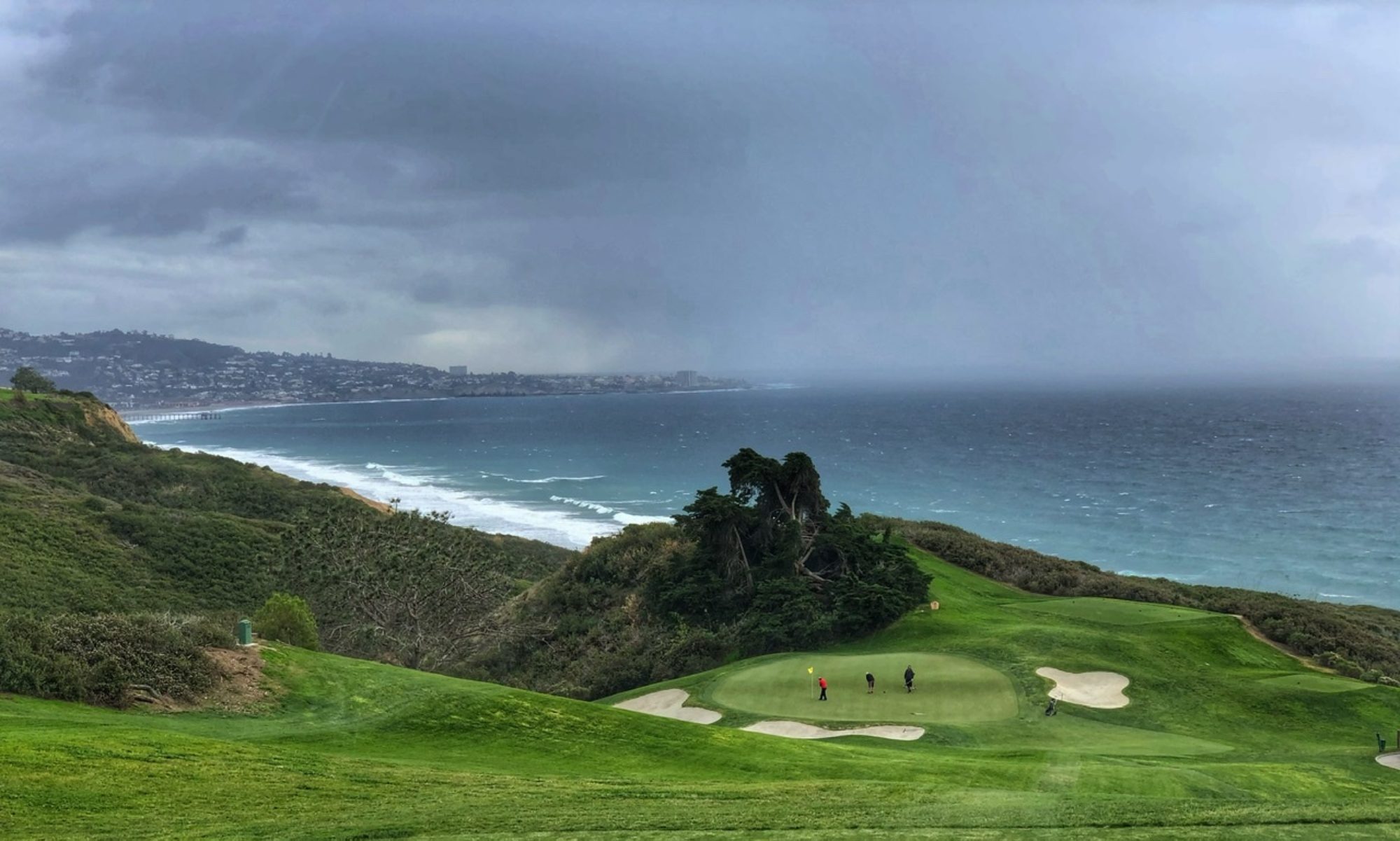In the vast story of life on Earth, humans are primates—but not just any primates. We don’t outmatch our cousins in strength, speed, or sharp claws. What sets us apart is something subtler and far more powerful: the ability to learn from one another, to share knowledge, and to cooperate. That’s what has allowed us to inhabit virtually every environment on the planet—from sun-scorched deserts to icy tundra, from megacities to rainforests.
I was reminded of this truth in the most unexpected place: traveling to Southwestern Uganda and standing mere feet from a 400-pound silverback gorilla in Bwindi Impenetrable Forest. His species split from our evolutionary lineage roughly eight million years ago. The mountain gorillas have remained in the forest, perfectly suited to a single ecological niche. We, by contrast, left the trees behind—and never stopped moving.
But what enabled that journey wasn’t just intelligence. Intelligence without connection doesn’t scale. The secret to our success is shared wisdom.
History offers a cautionary tale. In 1861, the British explorers Burke and Wills attempted to cross the Australian continent from south to north. They dismissed the hard-won survival knowledge of Aboriginal Australians, particularly around the preparation of nardoo seeds. Eaten raw, nardoo contains thiaminase, an enzyme that destroys vitamin B1. The explorers suffered and died of beri-beri—not because survival knowledge was unavailable, but because they refused to accept it. Ignorance wasn’t fatal—arrogance was.
Now contrast that with our modern trek through East Africa—an exercise in cooperative survival:
• Medicine as shared defense: Vaccinations against yellow fever, permethrin-treated clothes, Malarone tablets, and a discreet cache of Imodium. All forged through centuries of global collaboration in labs and clinics.
• Engineering on four wheels: Our Toyota Land Cruisers tackled cratered dirt roads like lunar rovers. A tribute to mechanical ingenuity, tire durability, and suspension systems that earned their pay.
• Linguistic diplomacy: Our guide—part biologist, part gorilla whisperer—spoke in deep, rumbling grunts to soothe a nearby silverback. When you’re five feet from a primate that could turn you into a protein shake, fluency in Silverbackese is a highly valued skill.
• Microbial truce via refrigeration: Cold milk, safe cheese, and preserved fruit—unsung heroes in the war against gastrointestinal mutiny.
• Batwa porters, forest-born navigators: Descendants of Bwindi’s original inhabitants, the Batwa led us with quiet confidence. They knew every slippery root, every hidden turn, every slope disguised as flat ground. Without them, we might still be in the forest, tangled in vines and excuses.
• Security with edge: Kalashnikovs swung from the shoulders of armed guards like grim fashion statements. Their presence reminded us that peace, here, is maintained—not assumed. Just across the border lies Congo, and with it, a long shadow of past conflict. In Bwindi, tranquility often travels with a trigger finger.
The mountain gorillas remain tied to one patch of Earth, thriving in their ancient rhythm. We humans ventured far because we learned to listen—to guides, to science, to experience, and sometimes, finally, to each other.
We are primates. But we are the cooperative primates. The ones who teach, imitate, argue, share, and adapt.
And that—more than any tool or gene—has made us human.







